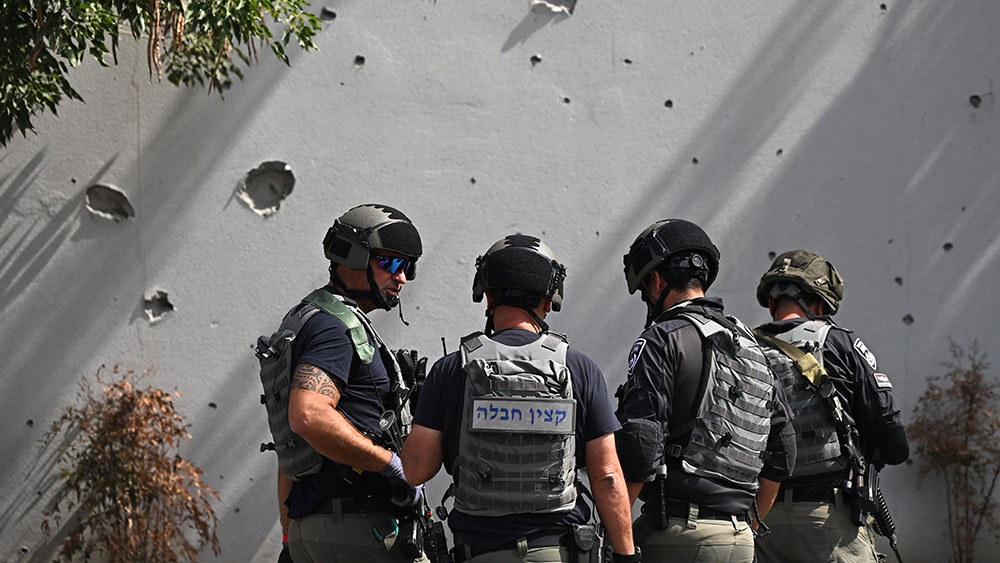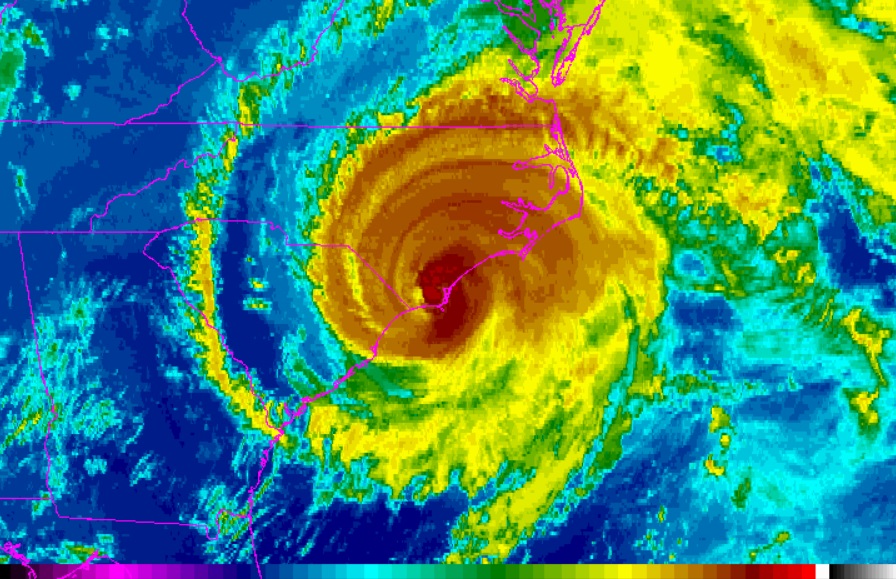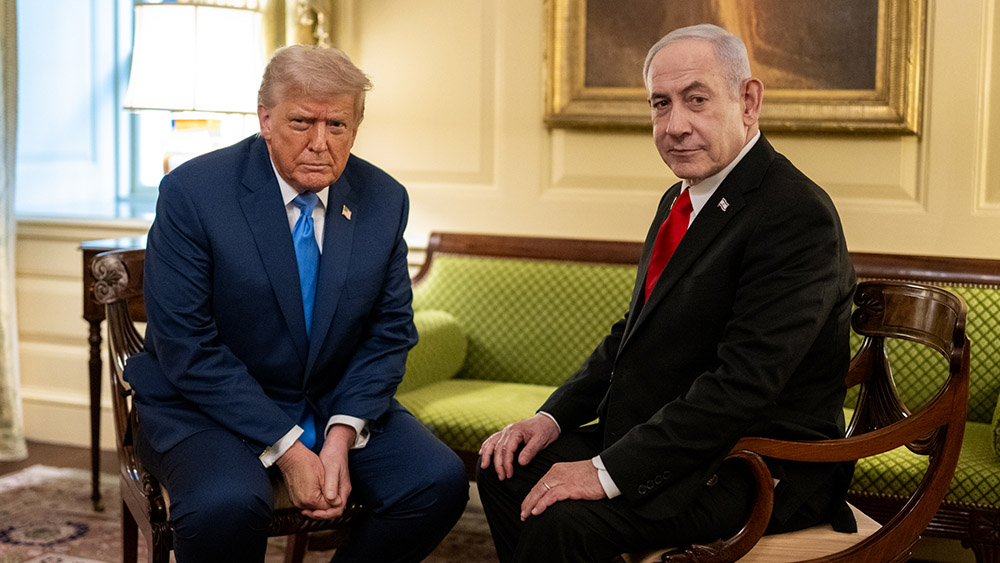 Parler
Parler Gab
Gab
- Hamas confirms the transfer of an Israeli hostage's body.
- The ceasefire deal requires the return of all deceased hostages.
- Only 13 of 28 bodies have been returned, causing major delays.
- Israel accuses Hamas of being deliberately obstructive.
- Hamas cites the difficulty of recovering bodies from widespread rubble.
Challenges in the rubble
Hamas, for its part, has pointed to the practical difficulties of the situation. The group has said that “significant efforts and special equipment” are needed to recover bodies from beneath the rubble in Gaza after two years of war that have caused widespread destruction across the territory. The sheer scale of the devastation presents a logistical nightmare, complicating the search and recovery efforts for the missing remains. The identification process for returned bodies is a solemn and precise undertaking. Israeli forensics examiners identified the remains handed over on Monday as those of Sergeant Major Tal Haimi. The Israel Defense Forces said Haimi was killed in the Hamas-led attack on October 7, 2023, while defending a kibbutz. He was 41 years old. The Hostages and Missing Families Forum expressed condolences, stating his return “brings a measure of solace to a family that has lived in unbearable uncertainty and anguish for more than two years.” The ceasefire itself has been repeatedly tested. On Sunday, the Israeli Defense Forces struck Hamas targets in the enclave, responding to what it called alleged Hamas violations of the peace deal. Israel accused the group of an attack that killed two IDF soldiers. This violence continued into Monday, with Palestinian health officials reporting that Israeli fire killed three people east of Gaza City. The IDF said its troops fired towards "several terrorists" who crossed a demarcation line.How long will the ceasefire hold?
Despite these clashes, both sides have publicly affirmed their commitment to the agreement. Following the weekend strikes, Israel said it was resuming enforcement of the ceasefire, adding that it would "respond firmly to any violation of it." Hamas also stated it remained committed to the deal. U.S. President Donald Trump weighed in, saying the truce remained in place and suggesting that alleged attacks by Hamas were carried out by “some rebels within” rather than by the group’s leadership. The delay in returning the bodies has caused significant anger and anxiety in Israel. Knesset Speaker Amir Ohana said the ceasefire agreement, including the return of all deceased hostages, must be fulfilled “one way or another.” The Israeli military has repeatedly called on Hamas to “take the necessary steps to return all the deceased hostages.” The political and military pressure is mounting to see the terms of the deal completely fulfilled. The ongoing struggle over the hostage bodies is a microcosm of the wider conflict, filled with grief, mistrust, and the immense challenge of finding humanity amid the ruins. For the families of the 15, the ceasefire is not a political document but a promise of closure that remains unfulfilled. As diplomatic efforts continue behind the scenes, their personal wait for a final goodbye continues, reminding everyone that the true cost of war is measured in individual lives and the enduring pain of those left behind on both sides. Sources for this article include: TheEpochTimes.com CNN.com BBC.co.uk TimesOfIsrael.comRubio defends Israeli airstrike as accusations of Gaza ceasefire violations mount
By Cassie B. // Share
Netanyahu insists Israel retains full control over security decisions in Gaza
By Belle Carter // Share
U.S. intelligence contradicts Trump’s claims of Venezuelan fentanyl trafficking
By Belle Carter // Share
Kremlin aide claims Ukraine deal is within reach
By Ava Grace // Share
By Lance D Johnson // Share
Governments continue to obscure COVID-19 vaccine data amid rising concerns over excess deaths
By patricklewis // Share
Tech giant Microsoft backs EXTINCTION with its support of carbon capture programs
By ramontomeydw // Share
Germany to resume arms exports to Israel despite repeated ceasefire violations
By isabelle // Share









